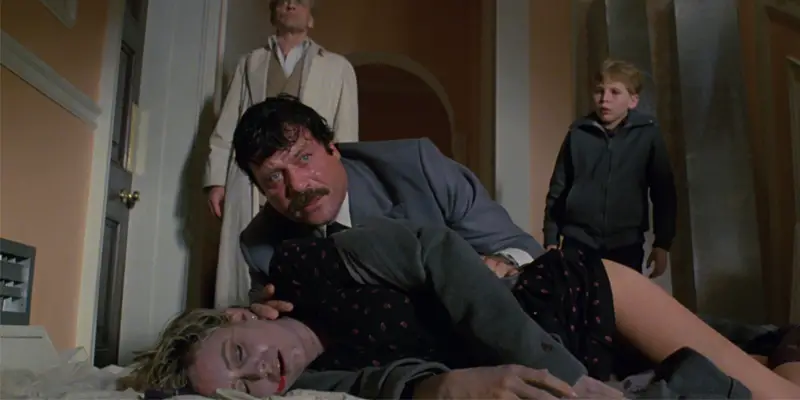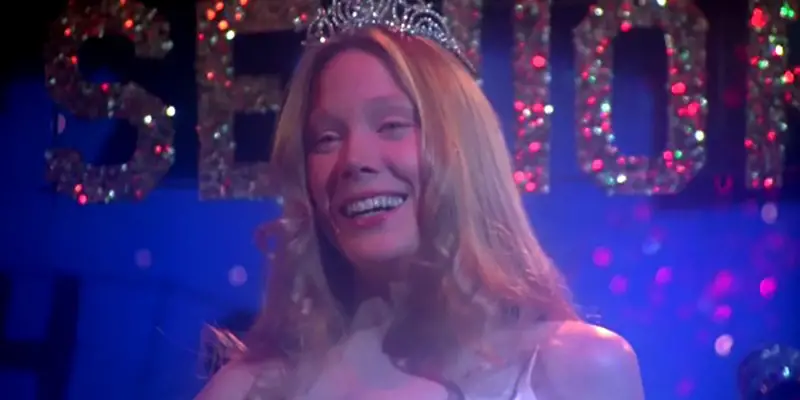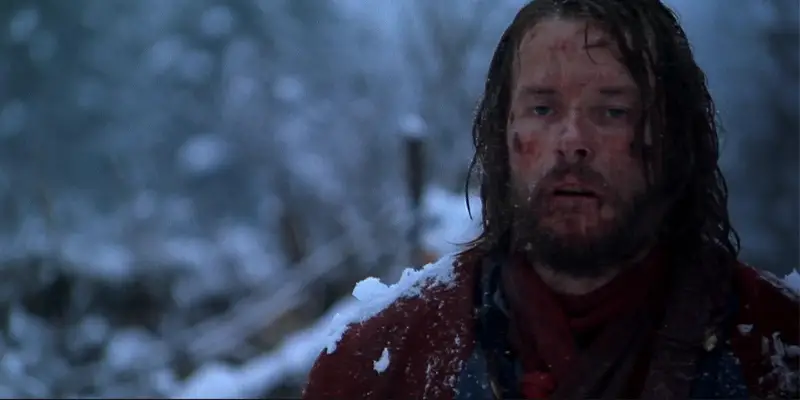horror
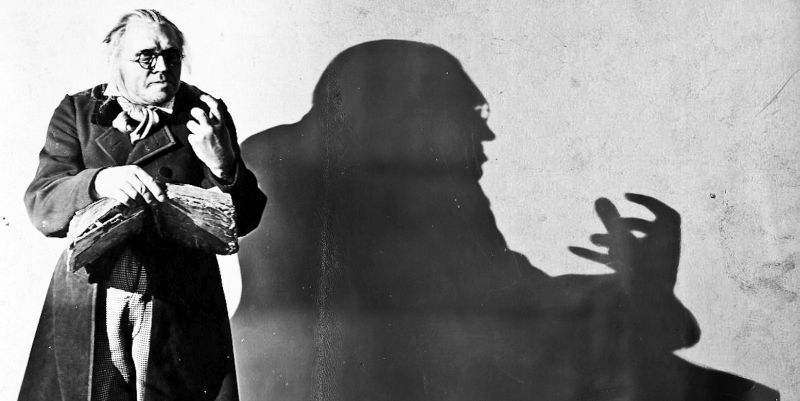
German expressionism was an art movement that began life around 1910 emerging in architecture, theatre and art. Expressionism art typically presented the world from a subjected view and thus attempted to show a distorted view of this world to evoke a mood or idea. The emotional meaning of the object is what mattered to the artist and not the physical reality.
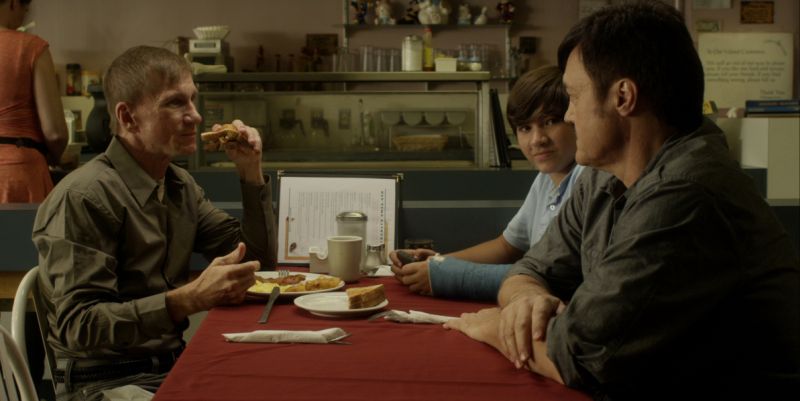
While many recent horror films have been heavily influenced by the works of prominent directors of the 1980s like David Lynch, John Carpenter and David Cronenberg (very good ones like The Guest and It Follows), this one addresses subject matter not even those films were willing to tackle. Richard Powell’s Heir is the next great homage to those great directors, and can proudly be a part of the recent resurgence in thoughtful horror films designed more to represent real world conflicts as opposed to cheap scares. The plot is simple at first:
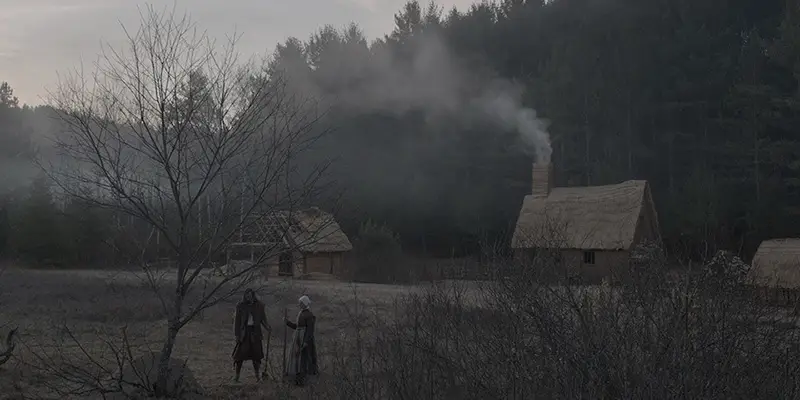
Set in 1630, Robert Eggers’ The Witch follows a family banished from a Puritan community and forced to live, isolated and penniless, in a remote woodlands shack. Soon, malevolent forces begin to molest the kids and infect the goat, and the family is engulfed in a maelstrom of religious hysteria and occultist magic. With its deeply unsettling atmosphere and frenzied performances, The Witch has (not undeservedly) become one of the most acclaimed horror films of the new millennium, with many critics praising its attention to detail and the slow-burning tension of its narrative (as well as its mascot:
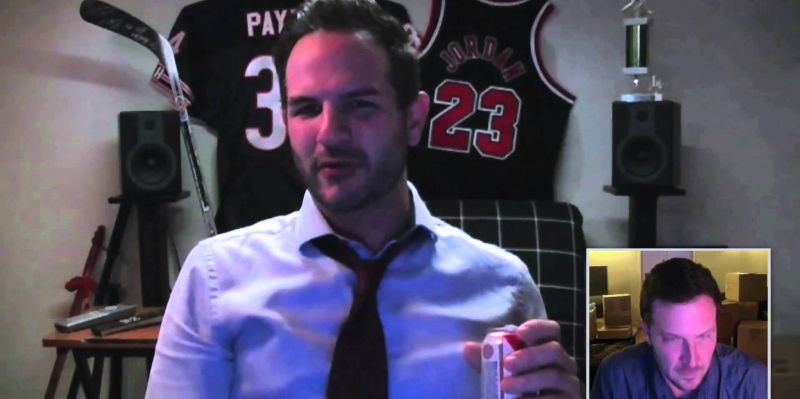
In Matthew Solomon’s Chatter, Agent Martin Takagi (Tohoru Masamune) comes across the intimate video chats of married couple while monitoring Internet traffic for the Department of Homeland Security. The married couple, played by Brady Smith and Sarena Khan, begin to discover that their new home is haunted. In the same vein of horror films such as Paranormal Activity and the more recent Unfriended, the mechanics within this film felt familiar.
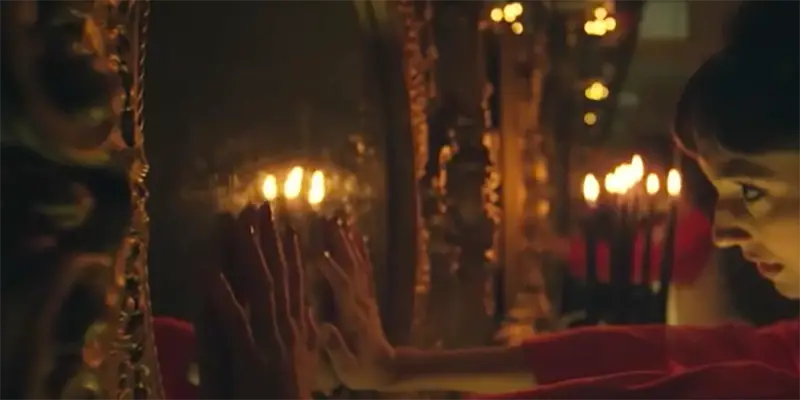
Mark of the Witch (also known as Another), written and directed by Jason Bognacki, is described as a horror fantasy film. It tells the story of Jordyn, played by Paulie Rojas, who is confronted with her Aunt Ruth’s (Nancy Wolfe) attempted suicide just minutes after blowing out her birthday candles, and soon discovers a dark secret about herself. Jordyn just wanted to know who she is and where she comes from, which her Aunt Ruth acknowledges is a perfectly normal thing for anyone to wonder about.
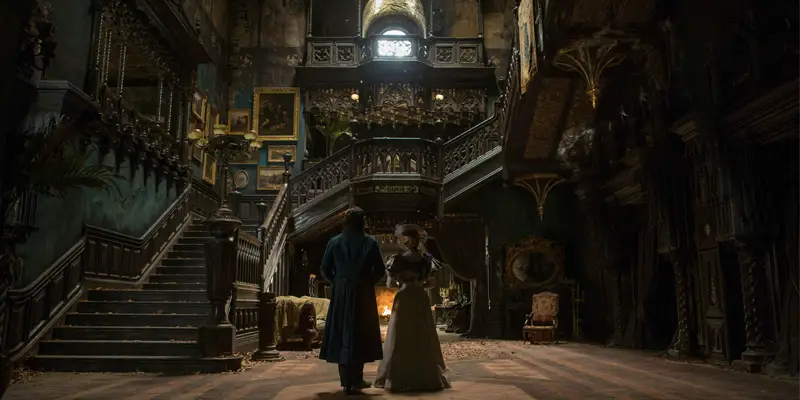
One annoying trend nowadays is for people to mix their genuine reactions to a film with the hype and varied opinions of others, judging it not on its content, but what you thought it was going to be. Quentin Tarantino flipped heads last year with The Hateful Eight, a considerably slower but angrier entry into his filmography, which caused anger amongst many filmgoers who were expecting another Spaghetti Western tribute that mixed modern music and quick-paced action. This highlights the problem with auteur theory and the reliance of marketing in the current movie climate, where many movie marketeers either must spoil an entire film within the trailer to gain the audience’s confidence to go see it or mismarket a film because they’re unsure on how to sell a unique/niche product to a broad audience.
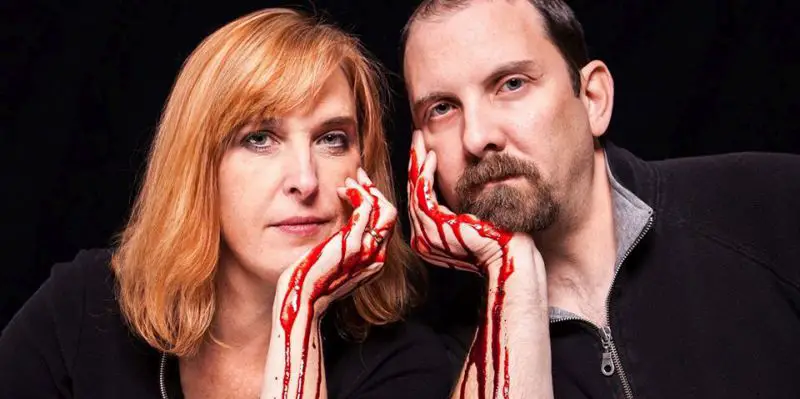
PJ Woodside and her partner, Steve Hudgins at Big Biting Pig Productions in Madisonville, KY are creating quite a stir in the independent horror scene. They’ve put out a film a year for the last decade. Their most recent film, Frances Stein, was recently released on Amazon Prime and has been getting a steady stream of five star reviews.
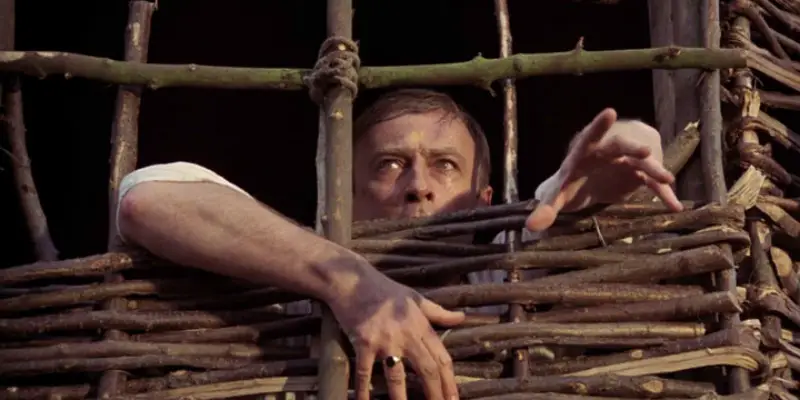
In the brilliant and insightful documentary A History of Horror, British writer and actor Mark Gatiss explores the horror genre throughout many countries. While discussing British horror cinema of the 1960’s, Gatiss uses the term ‘folk horror’ to describe a short but very curious subgenre. The films that make up this genre are unmistakably British and owe a large debt to the trail blazers of horror cinema in Britain:
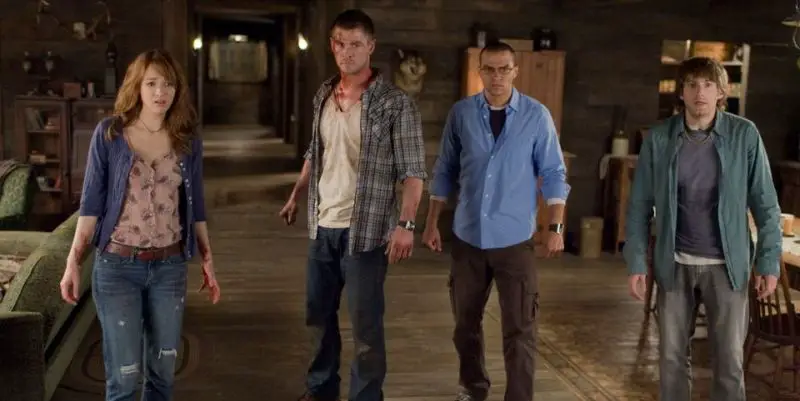
“The horror genre gets (us) in touch with our primal instincts as a people more than any other genre I can think of. It gives (us) this chance to … reflect on who we are and look at the … uglier side that we don’t always look at, and have fun with that very thing.” —Drew Goddard (IMDb) I may be a little late to the party (by about four or five years) but for those of you who have not yet seen Drew Goddard (writer and director) and Joss Whedon’s (writer and producer) The Cabin In The Woods be forewarned, this article contains spoilers.
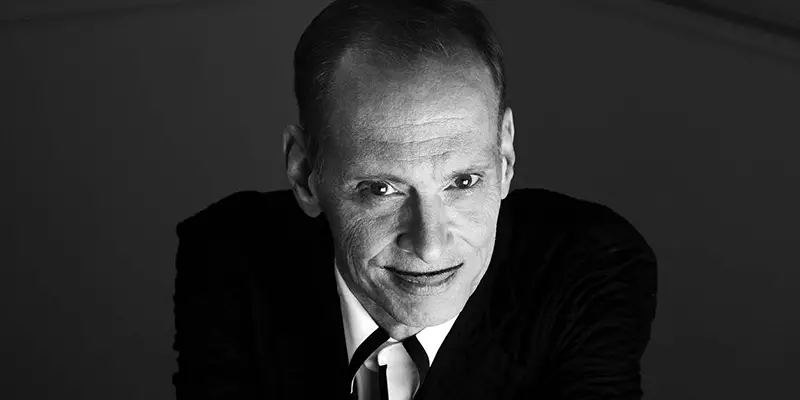
Rarely is a filmmaker as entrenched in infamy as John Waters. Born in Baltimore, Maryland in 1946, the king of counterculture became known in the 1970s for his creative collaborations with the equally infamous Divine and his gang of Dreamlanders. He began work as a director with a series of experimental short films including Hag In A Black Leather Jacket (1964) and the Andy Warhol-inspired Roman Candles (1966).
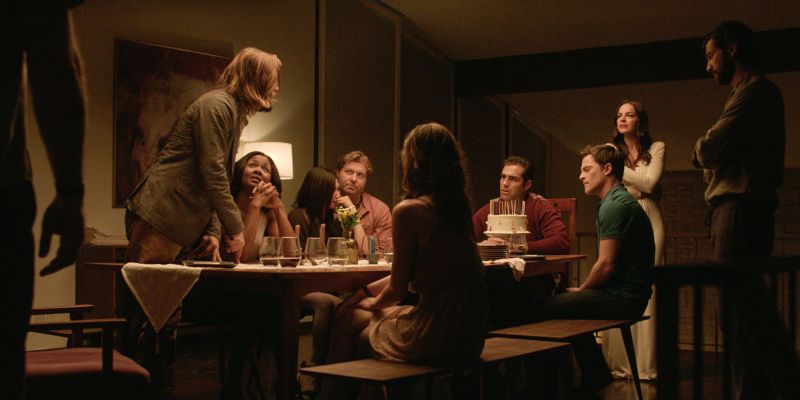
Two years after his ex-wife disappeared, Will (Logan Marshall-Green) and his new girlfriend Kira (Emayatzy Corinealdi) get an invitation to a dinner party his ex-wife is throwing out of the blue. The couple is hesitant, the invitation is too elaborately fancy, and it all feels slightly off, especially after such a long time of complete silence. On their way to the party, they hit a coyote, which Will kills out of mercy.
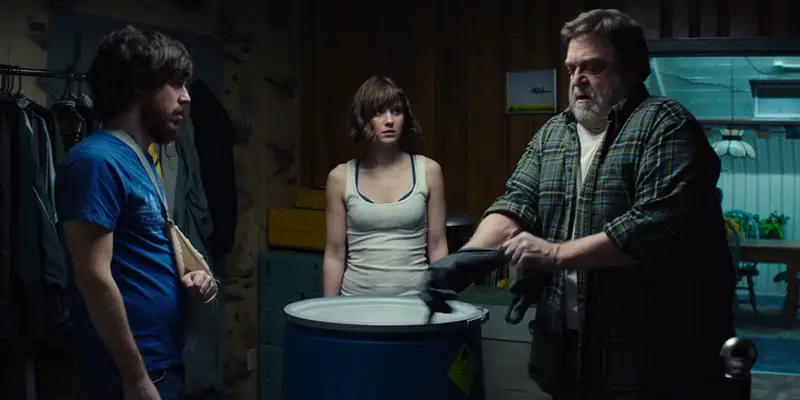
The inner urge for survival is the most primitive of all impulses. For the longest time, sex was believed to be the driving force that pushes people, unconsciously and fully-cognizant, towards certain results in life. But after WWII especially, psychologists and holocaust survivors began to revisit the idea, and psychoanalysts took the obvious cue from Darwin:


